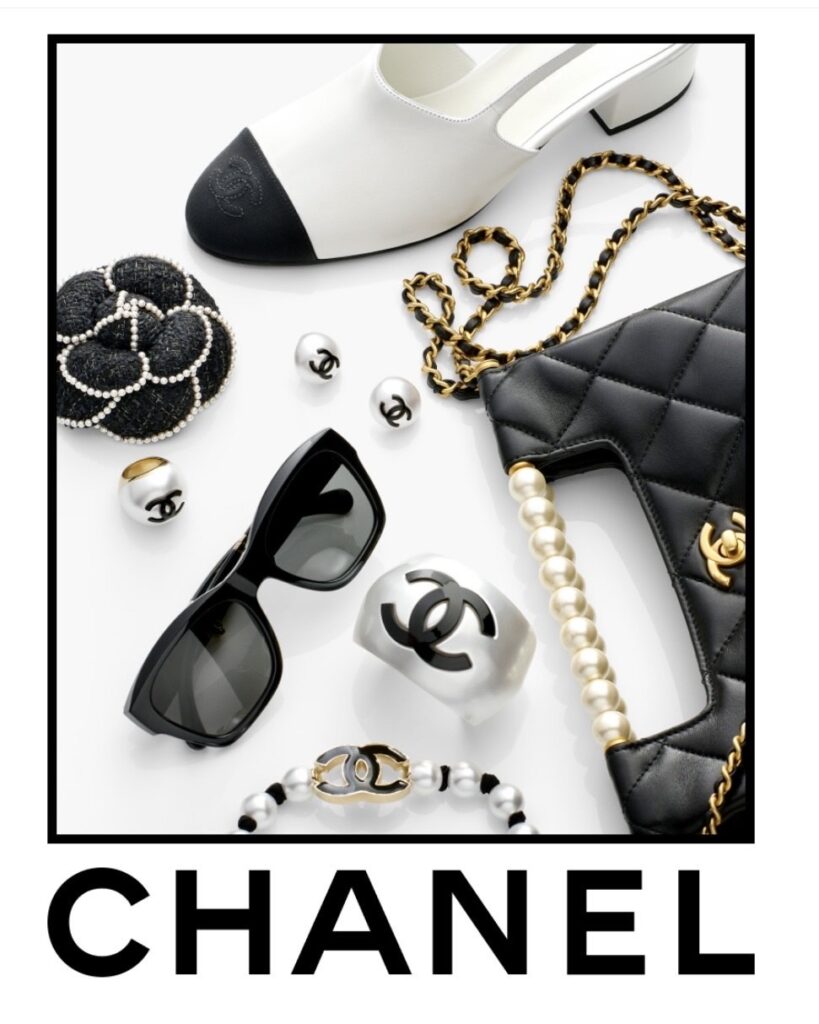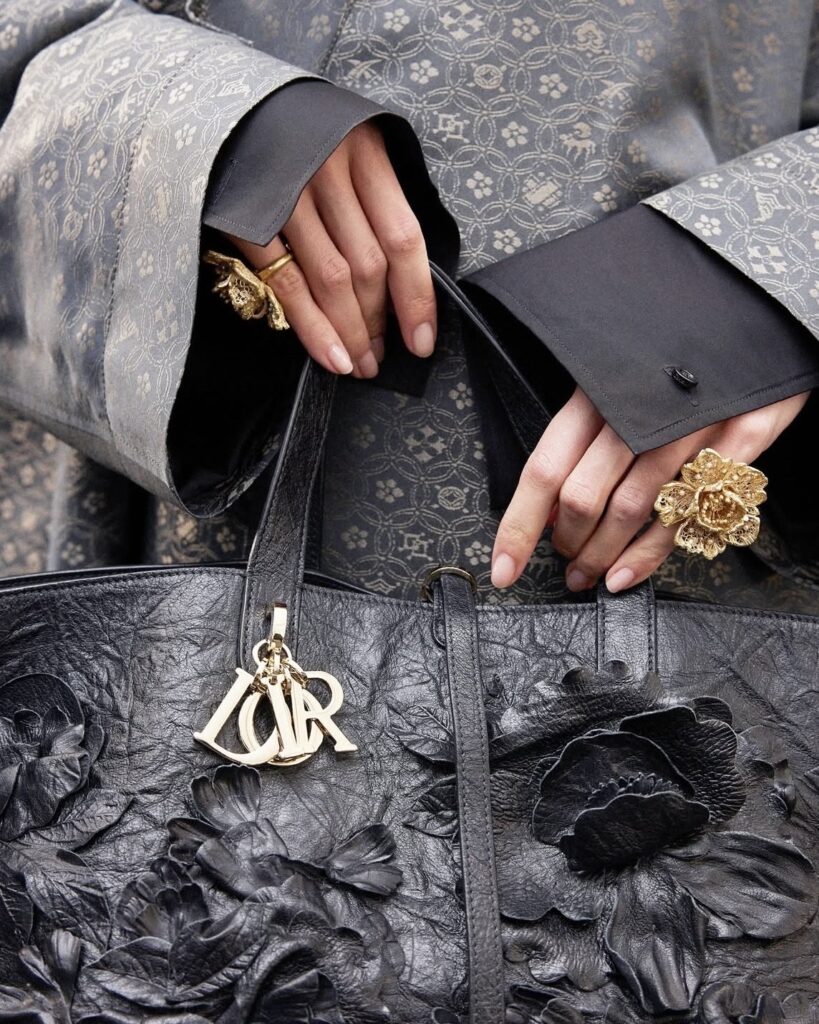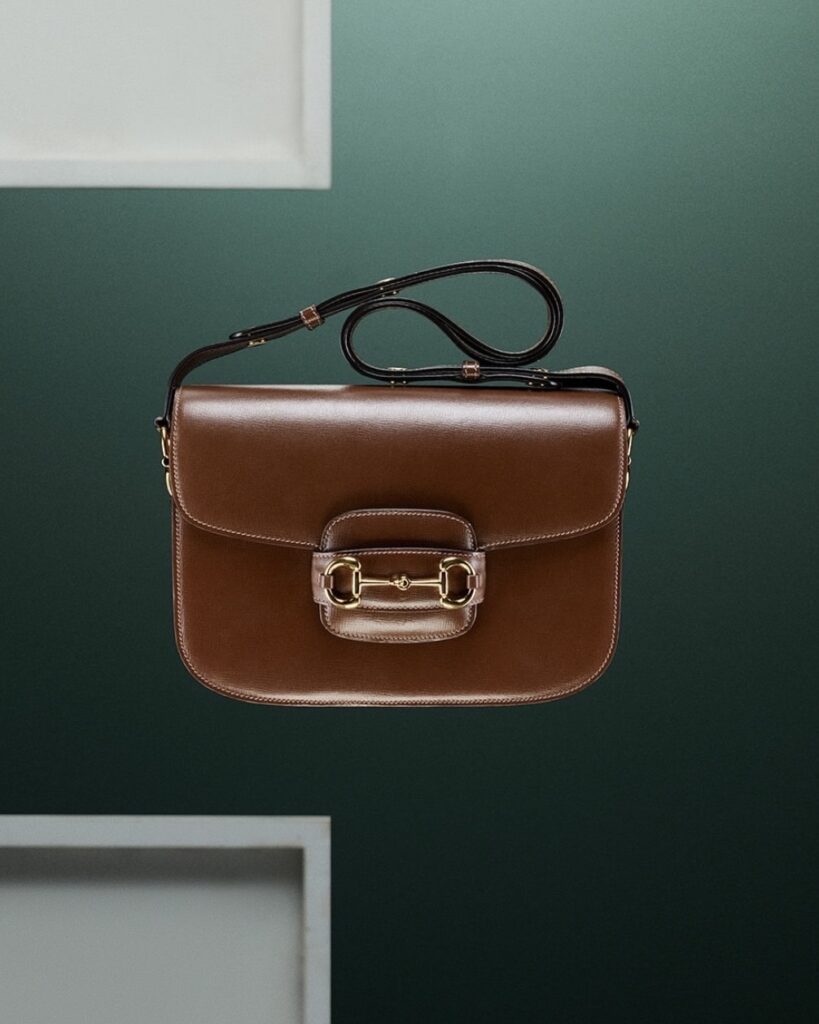Luxury or Illusion: How The Tariffs War Affects The Power Houses Of Fashion
While exploring my for you page on TikTok, I couldn’t help but notice the increasing amount of videos calling out the secrets Luxury brands have supposedly hidden from us. These being related to the items’ roots and costs, which are not exactly cheap. Granting that this has been going on for a long time, what does it mean for luxury when the illusion is broken?
Link to the video: https://www.instagram.com/reel/DIl0hc5Ncd7/?igsh=MTgyM3hvd3dlbHN2aw==
The political involvement: USA and China tariffs war
All of these chaotic revelations stem from the current events happening between China and the USA. Both of which are involved in what is being called a “Tariffs War”.
Since the current president of the USA took office in January he has been very vocal on his trade plans. While in 2018 Trump actioned this idea with the aim of moving the fabrics of American products back in the USA and re-establish balance between the goods which were being exported to China and the ones being imported from there -the firsts being way higher then the latter- what we are testifying now is not related just to economic sector as it may have been before. The issues regards also the control over the developing high tech companies and the profits made by the countries where these companies are located.
In February, alongside Mexico and Canada, the tariffs on China were set up to 10%, but since then they have grown to 125%, reaching almost 145% for specific products. This meaning that an electric car costing 20 000$ could be listed for sale at 49 000$ when imported in the USA (if we were to add the 145% tariff on it).
If Trumps aim is to move back to the USA the production of these goods, not everyone believes this will happen. “Even if it wasn’t China doing the lower end manufacturing it would have been going to other developing countries Vietnam, Bangladesh and many others” says the economist Keyu Jin when asked if this strategy will likely boots US manufacturing and jobs.
On the other hand China responded strongly. Already expecting this move by the president they have been diversifying their partners and markets. Given the relevant role of high tech Beijing expanded export restriction of essential minerals for these companies -such as tungsten and tellurium- all happening while the tariffs on USA goods have risen up to 125%.
How it influences the luxury sector:

Courtesy of Chanel
Following these political changes Chinese manufactures decided to tell their truths. Exposing where luxury products are actually made has chipped away at the brands’ credibility- revealing to the buyers that similar items can be found elsewhere for a fraction of the price. While the long term problem seems to be the amount of sales these brands are going to be able to make from now on, what could be more damaging is the lack of relatability they now have at people’s eyes. How can we be sure if the label “Made in Italy” actually means created from scratch there or just finalised in the country?
While people are starting to look up the names of “the real” manufactures, those brands who are being called out remain untouched. When luxury no longer means mystery, will we witness the beginning of its end?

If the cost of a bag plays a big role in its purchase what the clients aim to acquire is a status, not an item. Exclusivity has a major influence in this situation. Consumers aren’t just drawn to quality, they are drawn to what set them apart. And even when that status is a carefully constructed illusion it still sells, because luxury has always been more about psychology rather than practicality.

What’s more houses such as Gucci or Hermes don’t rely on the masses to maintain high their retail sales. Their business model answers to a small, elite group of buyers who would not trade fantasies for dupes. Therefore even if imitation increases, it does not affect the core of their
market. Sometimes imitation is allowed-while being ignored- in order to reinforce the unreachable status.
Despite the current changes, unless people’s psychology radically shifts, we will still be drawn to what feels anspirational and has an established history behind it.
Whether we are being sold luxury or an illusion it won’t matter until it’s viewed as exclusive.

